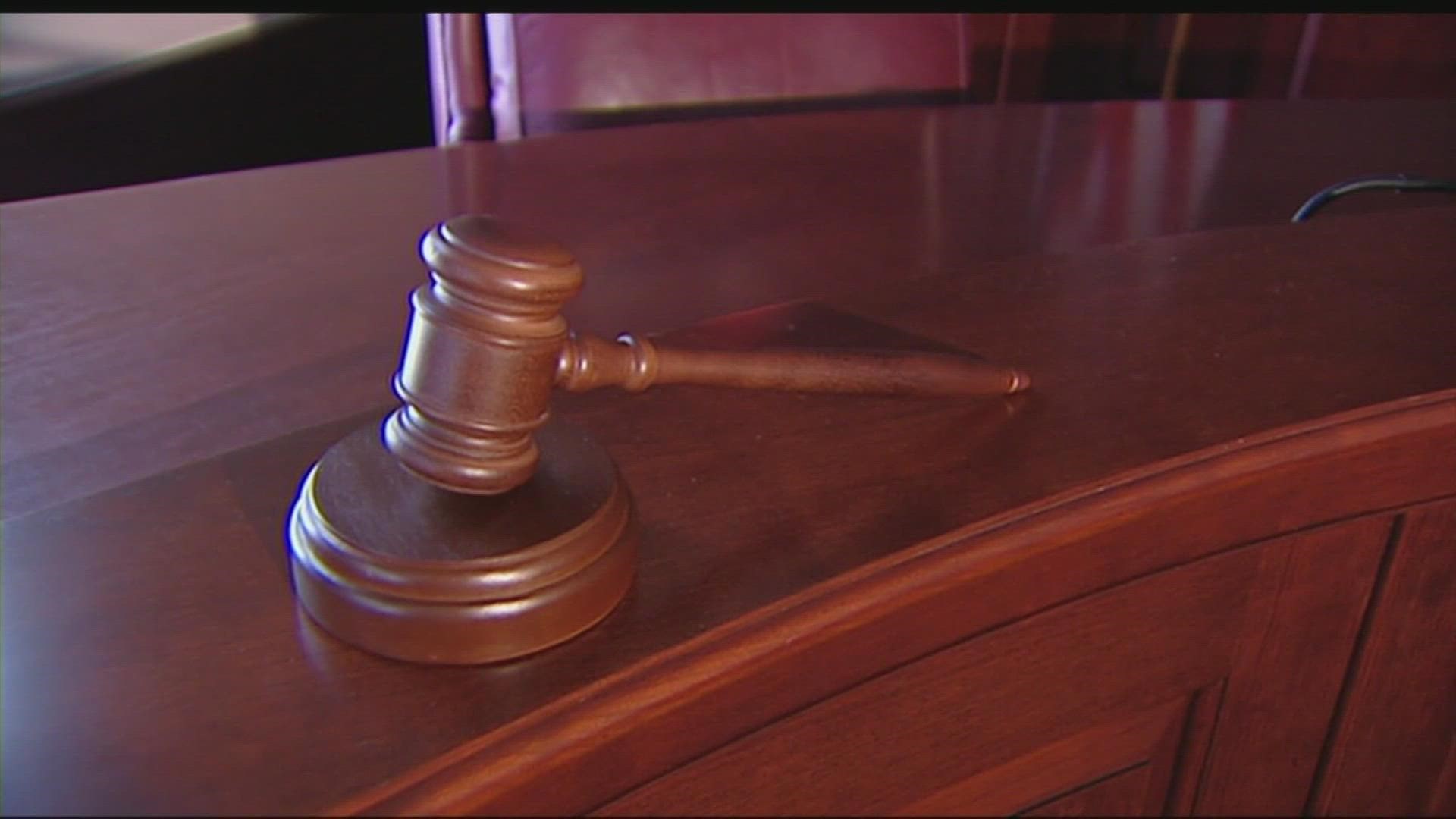DALLAS — Dallas County Commissioner John Wiley Price has been sounding off alarm bells about the backlog of criminal cases in Dallas County courts.
”These are individuals who are sitting in jail whose cases have not been adjudicated and there are victims and a lot of individuals who are waiting. They are in limbo,” said Price.
Commissioner Price blames some of the judges for not clearing their dockets and having very few jury trials.
”What you are going to find out is that we are lucky that the courts are doing one or two a month,” said Price.
Price says if you average all 17 felony criminal judges they’re having only about 12 trials a year, historically they’ve averaged more than 24 a year. And it’s creating a backlog.
County Commissioner J.J. Koch says judges need to step up.
”We are at the point of crisis and the judges have to be the ones that are responsible for elevating that crisis,” said Koch.
The state requires that counties clear 90% of their dockets by Aug.1 every year for five years in a row or risk losing a $50 million grant.
"Lawyers are complaining I can’t get them to come to work," said Price. "Hell, you signed up to come to work, work into the evening. We need to hit that mark."
According to county records, judges make anywhere from $150,000 to nearly $200,000 a year. Commissioners said they are going to start releasing how many trials judges are having and how many cases they are clearing.
"So, people can see which judges are performing and which are not,” said Commissioner Elba Garcia.
Because judges are elected, commissioners say holding them accountable is the only power they have to get them to work.
In a joint statement issued on May 17, 17 Dallas County Criminal District Court judges say they are "diligently working to reduce the pandemic related backlog and to dispose of cases to meet the statewide requirements," but deny that the backlog of cases they're facing is anywhere near the vicinity of the commissioners' figures.
Through their joint statement, the judges argue that many of the cases the commissioners believe to be backlogged are either not active cases or not actually in their court system at all.
The judges also, via the statement, blame any backlog they're facing on the "no less than 50 pandemic related orders" issued by The Supreme Court of Texas that "prevented or limited in-person proceedings to keep the public and court participants safe" for health-related reasons.
"We find it unconscionable that some of our Commissioners would rely on this inaccurate data and place blame solely on the shoulders of the Judiciary," the statement reads in part.
Still, according to the statement, the judges say that -- if restrictions on in-person proceedings are lifted in June as expected -- their workflow will soon be back on track.
Reads the final line of the judges' joint statement: "The Felony Court Judges in Dallas are diligently working to reduce this pandemic related backlog and we anticipate we will accomplish our part to meet the statewide requirements for dispositions by August 1st."

